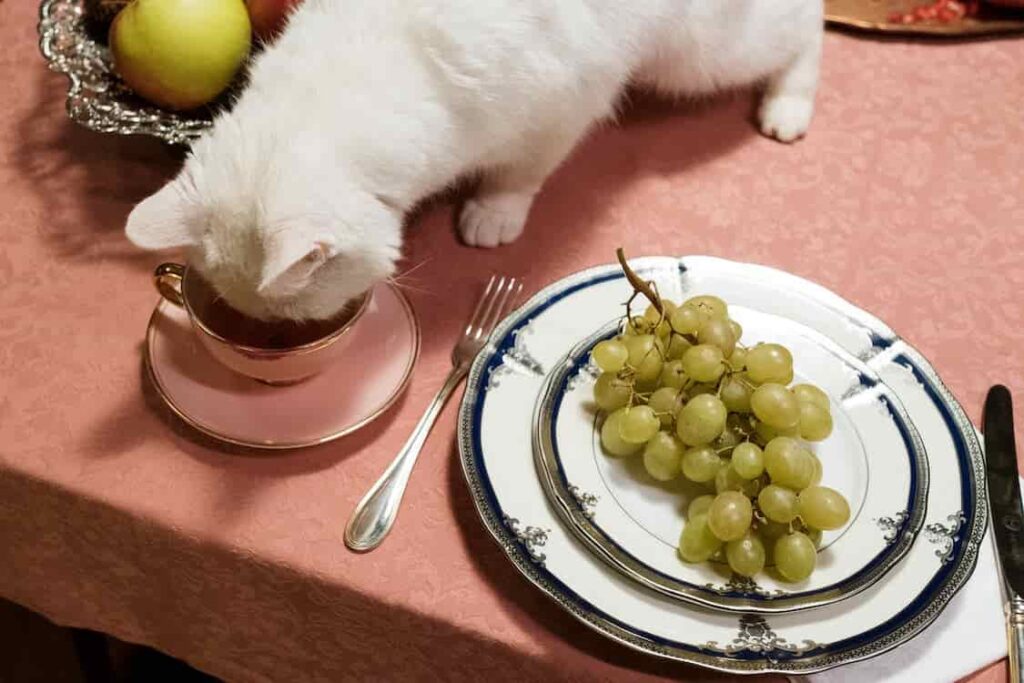© 2019 Khobish - Premium WordPress news & magazine theme by Xldevelopment.
If you are a cat owner, you know how important it is to provide your furry friend with the best nutrition possible. But when it comes to storing cat food, it can be a bit of a challenge. Whether you are stocking up on your cat’s favorite treats or simply trying to ensure that your cat’s food is fresh and safe, there are some important steps you should take to make sure your cat’s food is stored properly. In this blog, we’ll discuss how to store cat food long term in order to keep it safe and nutritious for your feline friend.
- Step 1: Research the best type of container for storing cat food long term.
- Step 2: Purchase an airtight container that is large enough to store the amount of cat food you need.
- Step 3: Place the container in a cool, dry place away from direct sunlight and extreme temperatures.
- Step 4: Place the cat food in the container and seal it tightly.
- Step 5: Label the container with the date of purchase and the expiration date.
- Step 6: Monitor the container regularly to ensure the food is still fresh and safe to feed to your cat.
- Step 7: Discard any food that has gone bad or has been exposed to moisture or pests.
As cats age, the food they need to stay healthy changes. If you have an older cat or want to ensure you always have some food on hand in case an emergency arises, you may be wondering how to store cat food long term.
You may already know that properly storing cat food will keep it fresher longer and help avoid contamination. But if you’re planning on storing cat food for more than a few weeks, you’ll want to take extra precautions. Here’s how:
Choose the Right Container
When storing cat food for longer than a few weeks, you’ll need to invest in an air-tight container to keep it fresh. First, make sure the container is big enough to fit all of your cat food. Then, look for a container that is labeled BPA-free and food-grade, ensuring it won’t leak any potentially dangerous chemicals into your cat’s food.
Store in the Right Place
Finding the right spot to store your cat food is essential, especially if you’re stocking up for an emergency. Choose a location away from any potential sources of heat, since warmth can quickly spoil cat food. Your pantry is usually the best option, as it is usually cool and dark. You can also store your container of cat food in the basement or garage if those areas are suitably cool and dark.
Control the Temperature
Some cats don’t need a special diet as they get older, but if yours does, then you’ll want to keep the food as cool as possible.

For this purpose, you can store the container of food in the refrigerator or freezer. Just be sure to also wrap the container in layers of plastic wrap or tinfoil first. This will help to maintain an air-tight seal, without any moisture from the refrigerator or freezer coming into contact with the food.
Finally, always make sure your container of cat food is tightly sealed. This will keep out moisture, insects, and any other airborne contaminants that could potentially spoil the food. By taking these extra steps to properly store your cat food, you’ll ensure your kitty is always served up the freshest and healthiest meal possible.
Conclusion
Storing cat food correctly can help to ensure that your pet gets the most nutrition out of their food and that their food remains safe for longer. Proper storage methods can help keep the food fresher and prevent spoilage. Always make sure to store your cat food in an airtight container and keep it in a cool, dry place. Refrigerate wet food to keep it fresh and replace opened bags of dry food every two months. Avoid rapid temperature changes which can cause spoilage and lessen the nutritional benefits of the food. I hope you did read how to store cat food long term.
Following these tips can help to extend the life of your cat food and provide your pet with the most nutrition possible.











No Comments